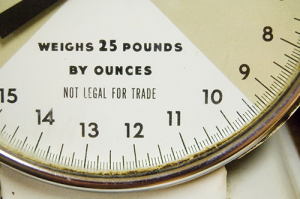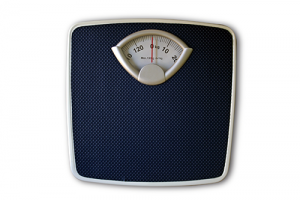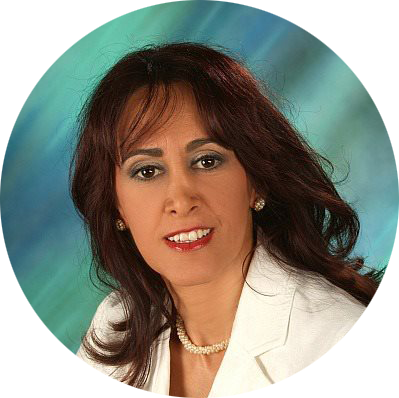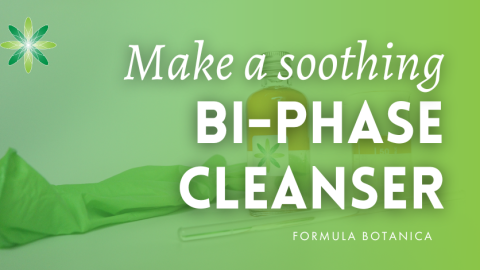You’ve probably started your journey into organic skin care by following some DIY recipes (DIY Beauty Diva for example). Those recipes are written in spoons and drops because they are small scale and they are easy to follow for laypeople without any specific equipments.
As your passion for making your own cosmetics grows, and later as you start regularly creating natural cosmetics and increasing your batch sizes, you’ll realize that there is no fun in counting 100 drops of a high viscosity essential oil to incorporate into your bath salt or facial mask or body oil. Being exact and preparing reproducible formulations need exact equipment. An electrical scale being the most essential of them. You need to purchase a scale for weighing skincare ingredients.
Precise scales are now quite affordable (as I started being a self-employed formulator more than 15 years ago my scale was more expensive than my car) but the broad variety of the products on the market can be quite confusing, especially at the beginning of your formulating journey. Here I have some suggestions to help you through your search for a suitable scale.
What to look for in scales

A balance or a scale is defined through two characteristics: Capacity and precision. Capacity is the approximate maximum weight a balance can measure (600 gram or 5 kg for example) and the precision is the smallest increment it can distinguish and display. A milligram balance for example can read to 0.001 gram. The smallest the precision of a balance, the higher its price. A milligram balance with a capacity of 200 grams is much more expensive than a 200 gram centigram (0.01 gr) balance.

Disclaimer 1: Most countries regulate the design and servicing of scales used for commerce. Your production scale might be “Legal For Trade Scales” according to your regional legislations. That should be considered by purchasing the scale.
Shopping for Scales
Keep in mind the following points when you finally go shopping for some scales for your skincare lab:
Operation mode: Most precision and laboratory scales operate both with batteries and an AC-adaptor. Kitchen scales are most often only battery operated. These battery scales have an auto-off function to save batteries. (the scale turns off automatically after a few minutes and that is not funny at all when you’re in the middle of weighing something, Don’t ask me how I know this!). On some scales, this auto-off mode can be disabled. Take care to purchase one whose auto-off can be disabled.
Geometry and material: As you’re selecting your balance, keep in mind that it spilling is inevitable. Choose one with an easy to clean and a non-corrosive pan.
Placing: Put your scales on stable tables or counters. The more precise a balance, the more sensitive to vibrations. Analytical (precisions from 0.001 gram) balances for example should be put on special balance tables with granite working surface to work without any hindrance. You don’t necessarily need any granite surface but take care that you put the balance on a fixed position far from direct sunshine, electronic noise and vibration. The less you displace the scale, the more precise its function.
Now you know the basics. Once you know your estimated batch sizes, you can order your first scales. Happy weighing!
FREE TRAINING
Learn how to become an
Organic Skincare Formulator
FREE TRAINING
How to become an
Organic Skincare Entrepreneur
FREE TRAINING
How to become an
Organic Skincare Entrepreneur
Leave us a comment

Dr. Elham Eghbali was Formula Botanica’s Cosmetic Chemist between 2014 and 2018. She has over 20 years’ industry experience and is based in Bavaria, Germany. To read more about Formula Botanica’s team, visit our staff page.

























